Saudi Arabia’s dominance in the sporting world has been well-documented over the last few years, and it is only likely to grow. Questions, subsequently, are constantly raised about the sponsorships involved in the Kingdom’s growing influence in the sporting world.
The recent influx of superstar footballers in the country suggests that football has become Saudi Arabia’s chief means to stake a claim in sports, which is further accentuated by the fact that the country is set to host the 2034 FIFA World Cup amid question marks about how its bid became successful in the first place.
WWE holds its pay-per-view events in the country on a yearly basis. The Saudi Arabian Grand Prix has become a regular occurrence in Formula One since 2021. LIV Golf, owned by Saudi’s sovereign wealth fund, the Public Investment Fund (PIF), has brought about a fresh format to the sport, and despite initial doubts the event has pretty much established itself into the golfing ecosystem since its founding a little over two years ago.
This all-encompassing presence is certainly a sign of things to come, but it also sheds light on the issue of sponsorships — with both legal and human rights-related doubts raised about how the Saudis involve themselves in sports and how they will impact the deals they sign with global companies along the way.
The simplest answer is that any doubts around their running should prove unlikely in deterring most global brands. Most of the Saudi strides in the sporting world have been fronted by the PIF, Saudi Aramco, the petroleum and natural gas company owned by the state, and the mega-city project NEOM. While these three are ostensibly distinct entities, they are all under the direct control of the Saudi government.
The PIF, in particular, has become the most well-known of the three parties ever since its emergence as the majority owner of Newcastle United Football Club and founding of LIV Golf. ESL Gaming, one of the biggest esports events organiser on the planet, is owned by Savvy Games Group, which is PIF-owned. The fund is also responsible for holding Saudi Grands Prix in Formula One and MotoGP, while having a decade-long deal in place with WWE and holding hosting rights for the Spanish Super Cup. Recently, it also became the majority shareholder of four Saudi Pro League clubs in an attempt to turbocharge the Kingdom’s footballing ecosystem. These are but a handful of examples out of many, many more demonstrating the PIF’s influence alone.
Aramco, meanwhile, was the primary sponsor of the recently-concluded ICC Cricket World Cup and has sponsored multiple golf tournaments in recent years. Apart from its sponsorships in cricket and golf, Aramco also has a stronghold in Formula One, WWE’s “Crown Jewel” pay-per-view event, and prominent esports events such as “Gamers Without Borders” and “Gamers8: The Land of Heroes”. The company’s current market cap, standing at US$2.13 trillion at the time of writing, demonstrates the leverage afforded to Saudi Arabia by Aramco alone.
Another vital arm of the Saudi state’s plans for growth is NEOM. Situated in the Tabuk province of Saudi Arabia, NEOM is being advertised to the world as the “land of the future” and a means for businesses to join in early in this vision of a “profitable, sustainable and innovation-driven economy”. NEOM backs the AFC Champions League, which regularly features PIF-owned Saudi clubs. It also works with Indian Premier League side Rajasthan Royals, has a hand in hosting the likes of Super League Triathlon and the Esports World Cup, and title-sponsors the McLaren Electric Racing team. These ties are likely to increase multifolds in the not-too-distant future. NEOM will soon become a massive trade hub for the world, helping businesses of all sizes boom and, in the process, helping Saudi Arabia further build positive relations.
The Saudi expanse doesn’t come without a human touch, though. A vital cog in the Saudi mega-project is Yasir Al-Rumayyan, currently the chairman of Newcastle United FC and LIV Golf, the governor of the PIF, as well as the chairman of Aramco. He is a board member at Uber after the PIF’s US$3.5bn investment in the US-based company in May 2020, as well as at Reliance Industries (the PIF has a 2% in the Indian multinational conglomerate). These examples sufficiently demonstrate Al-Rumayyan’s already-far-reaching global influence.
Influence this far-reaching not only attracts global giants to the Kingdom, it also brings Saudi Arabia the opportunity to work with big local brands in the regions they have established spheres of influence in. In India, case in point, Reliance has deep roots in multiple sporting landscapes of the country, helping Al-Rumayyan work positively towards expansion of local businesses and, thus, good relations for his country. For the lesser-known brands, it’s a chance to increase their visibility and valuation at a scale scarcely imaginable, as well as a shot at working with the likes of Aramco, which brings with itself a potential for commercial opportunities on a different stratosphere altogether.
This is how the PIF, NEOM and Aramco, along with Al-Rumayyan, serve as the primary actors in driving forth the global Saudi sports project.
Questions will forever float around about the legality and transparency of sponsorship deals whenever and wherever the Saudi state is involved. PIF-owned Newcastle United FC, for instance, sold Allan Saint-Maximin last summer to Al-Ahli Saudi FC, who are majority-owned by the PIF. Moves like these raise question marks not only about the legality of the logistics such deals entail, they also—whether intentionally or otherwise—threaten existing market mechanisms as the transfer fees involved may not reflect the real value of the players and simply serve as a means for the involved parties to balance their account books.
The Magpies have also recently signed long-term sponsorship deals with Sela (owned by the PIF) and Saudia (owned by the Saudi state), further presenting a case of conflict of interest in football sponsorships.
These partnerships will always be marred with problems, and the issues discussed here will be raised persistently, as their relevance is unquestionable. After all, Saudi Arabia is not the first party to exploit these commercial loopholes, and they certainly will not be the last.
For now, however, for the brands that aim to expand, Saudi Arabia remains an attractive option. After all, at the end of the day, it is the money that matters.
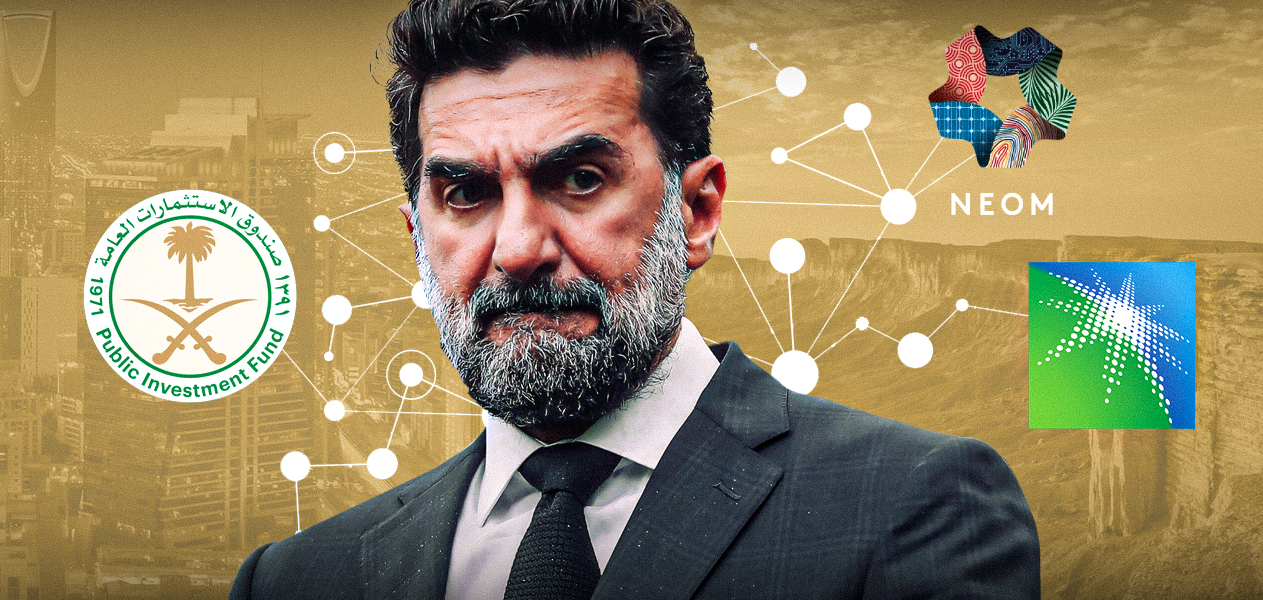

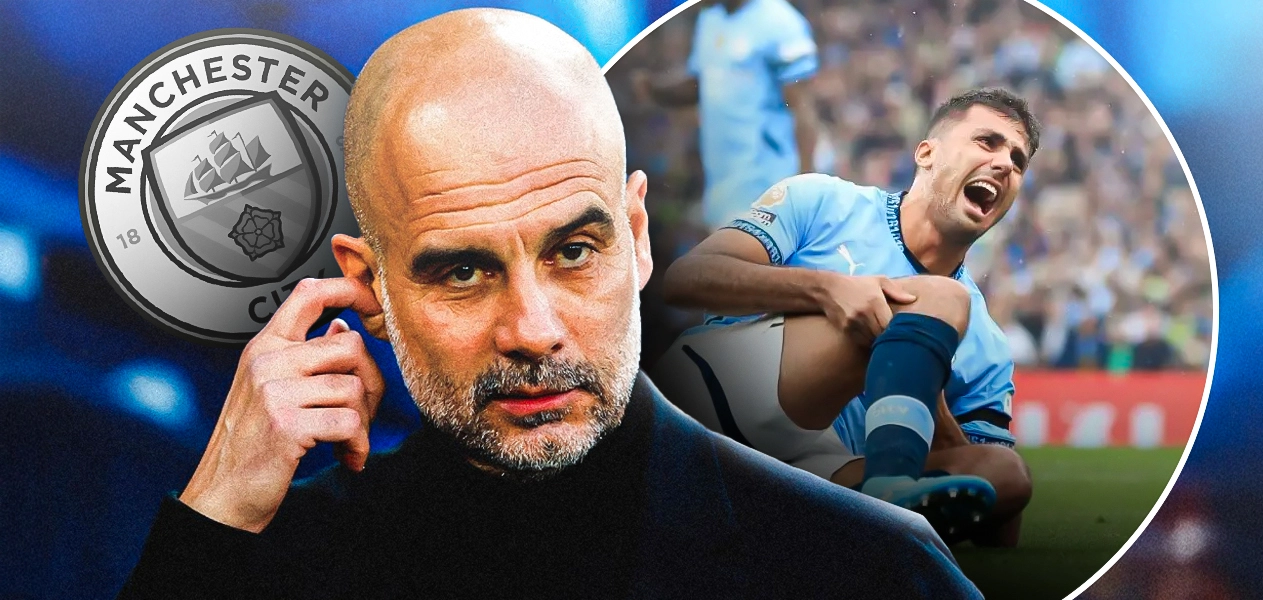
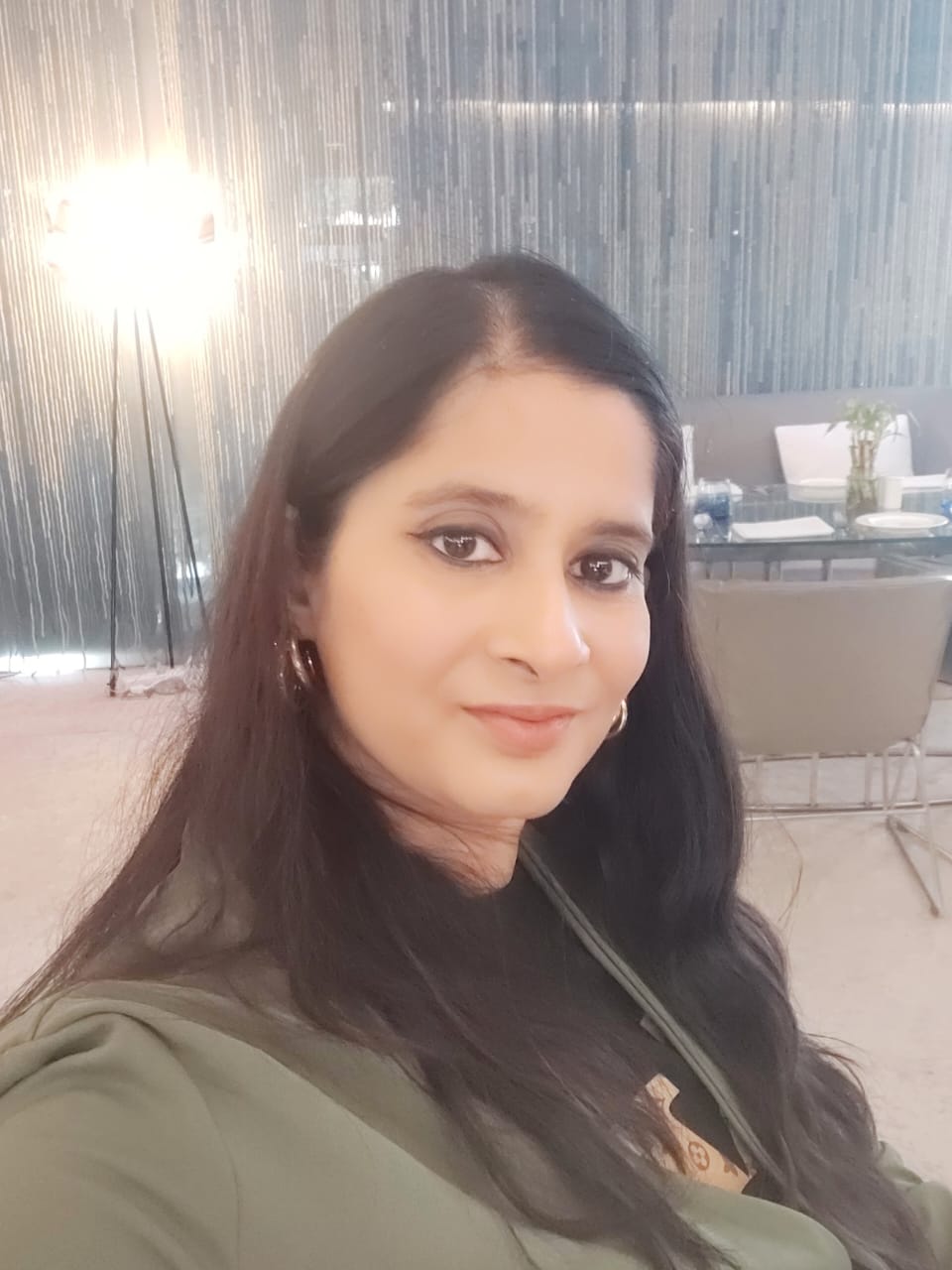
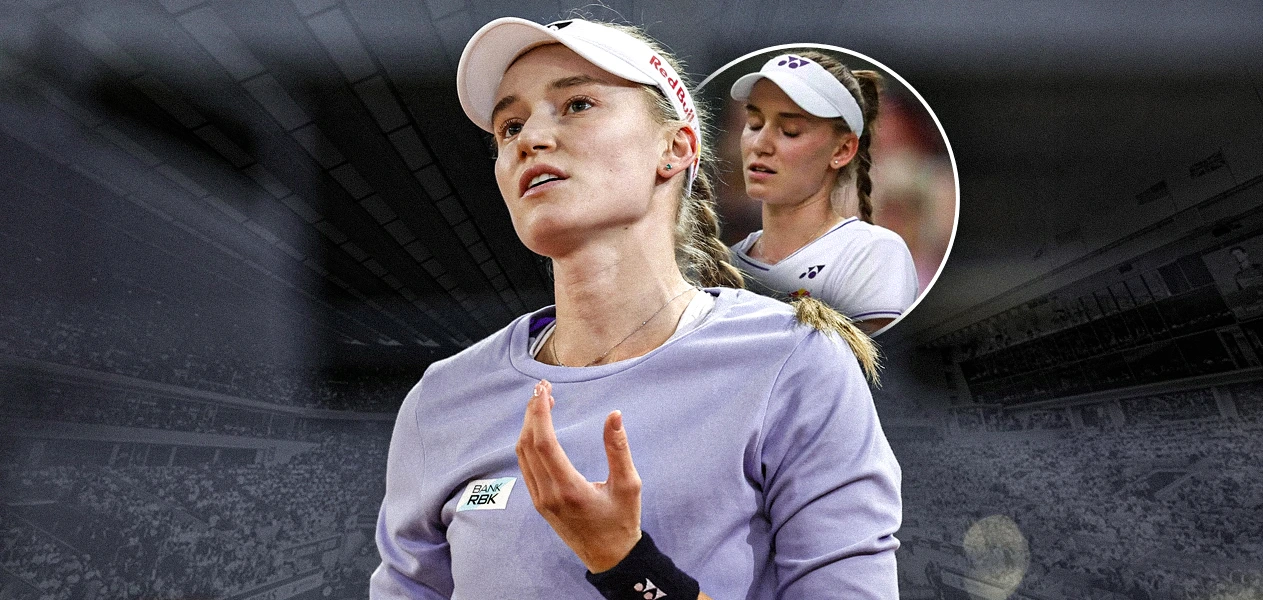
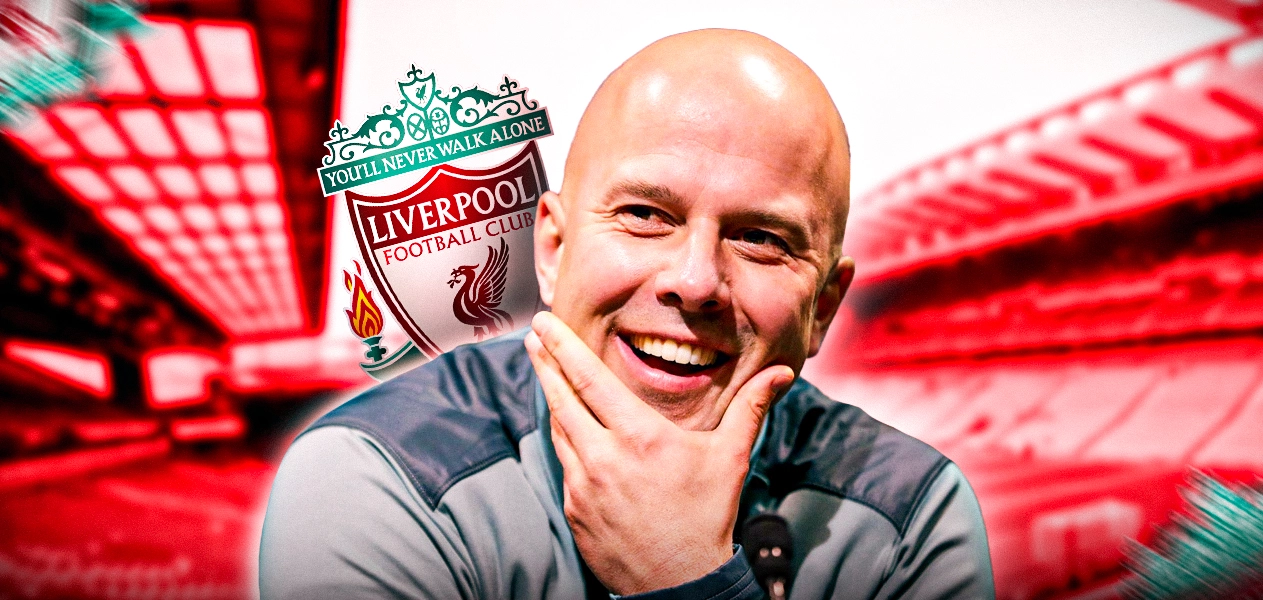
Leave a Reply